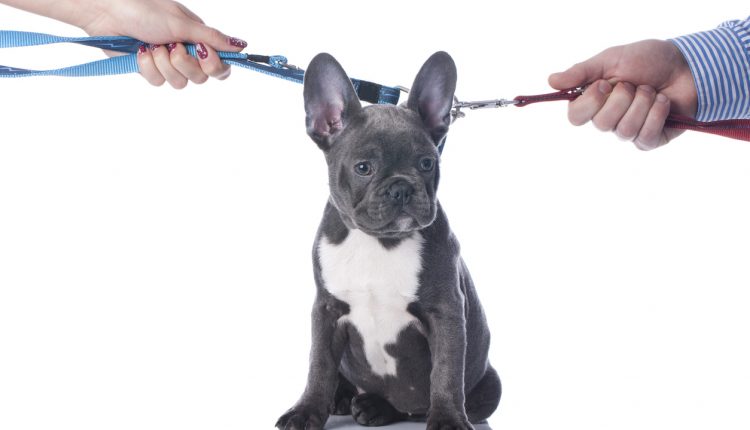Divorce: Who Gets the Dog?
The affection felt for a dog is a concept that can often be underestimated, especially when it comes to divorce.
Usually only applying to children, battles over custody of dogs is becoming an increasingly talked about subject and can cause serious conflict between estranged couples.
Paul Lancaster, Partner and Family Law Expert at Blacks Solicitors LLP offers his advice to couples in the middle of a pet custody dispute.
Unfortunately, when it comes to divorce, pet custody is usually resolved by simply identifying the legal owner as the person who purchased the pet originally. This is disputed by many couples due to the emotional attachment that is formed for the dog, so it is advised that an agreement be made privately before it comes to settling pet disputes in court.
Prenuptial agreement
We would urge more couples to sign prenuptial agreements to state who the pet will live with, along with who will care for the pet and be held financially responsible. This instantly helps towards solving any legal conflict if the relationship breaks down at a later stage. Whilst in reality a dog is a living being and often regarded like a child of the family, in law it is treated the same as any other ‘asset’, meaning there is no reason why a pre-nup cannot effectively agree arrangements regarding the dog as well as the house or car.
Mediation
Legally, there is no Act that protects the rights of a dog when couples divorce. This means that if matters were taken to court, the judge would not be able to make orders to decide who the dog should live with or how often (if at all) they should see the other party.
We completely appreciate how important our canine family members and so in the first instance we would advise against court involvement and instead, opting for mediation. This allows the couple a free forum to discuss both sides and come to an agreement that will be recorded in a legal document and signed accordingly.
Arbitration
If the couple cannot come to an agreement through mediation, we would suggest they use arbitration, whereby an independent decision maker would decide who gets custody of the dog. The decision would ultimately be based on what is best for the dog, taking into account living situations and lifestyle habits. They may even wish to obtain a dog psychologist report to agree the least distressful course of action for the canine.




